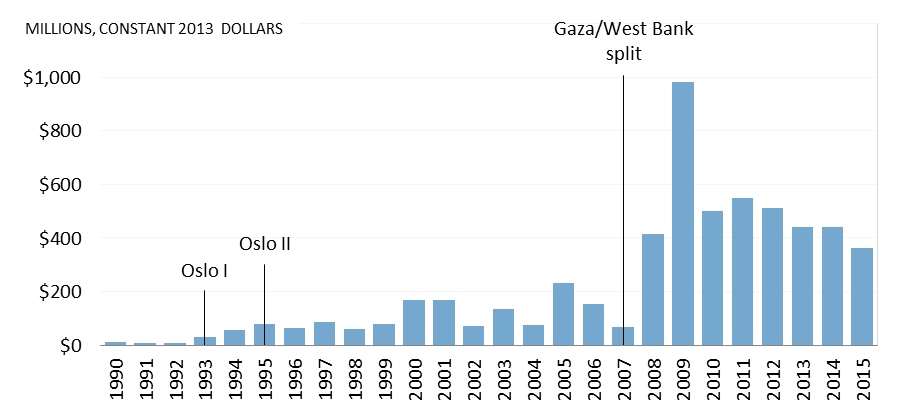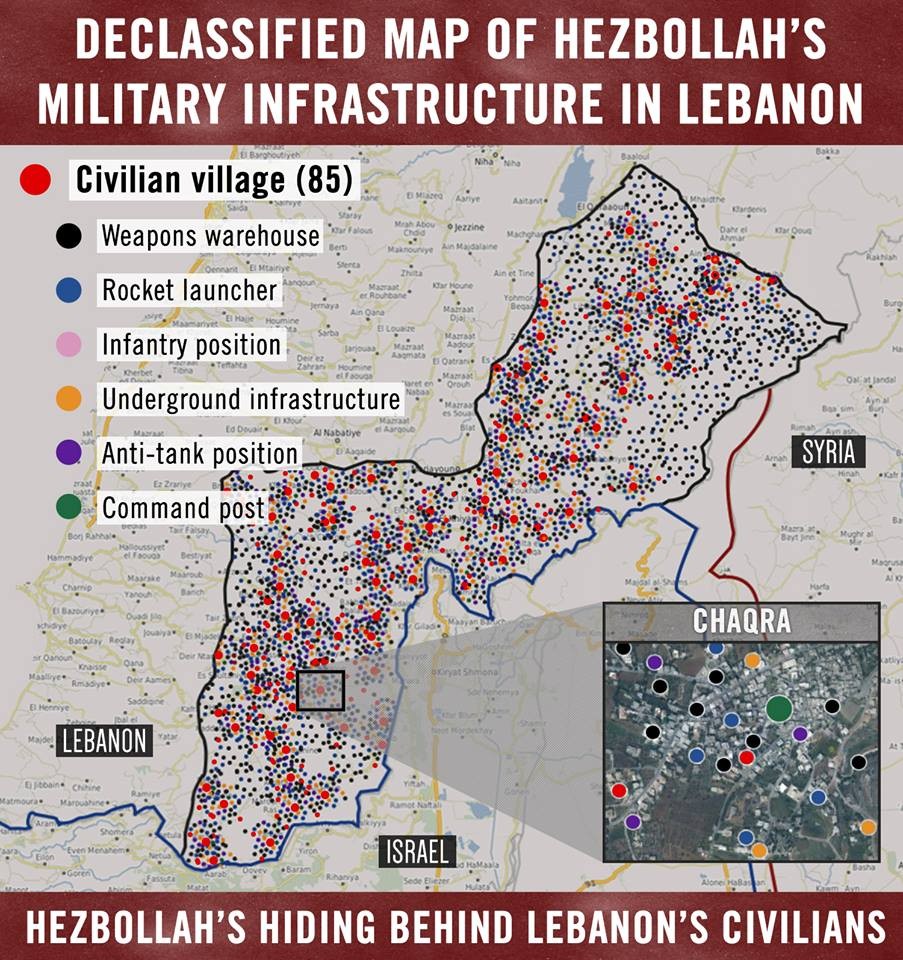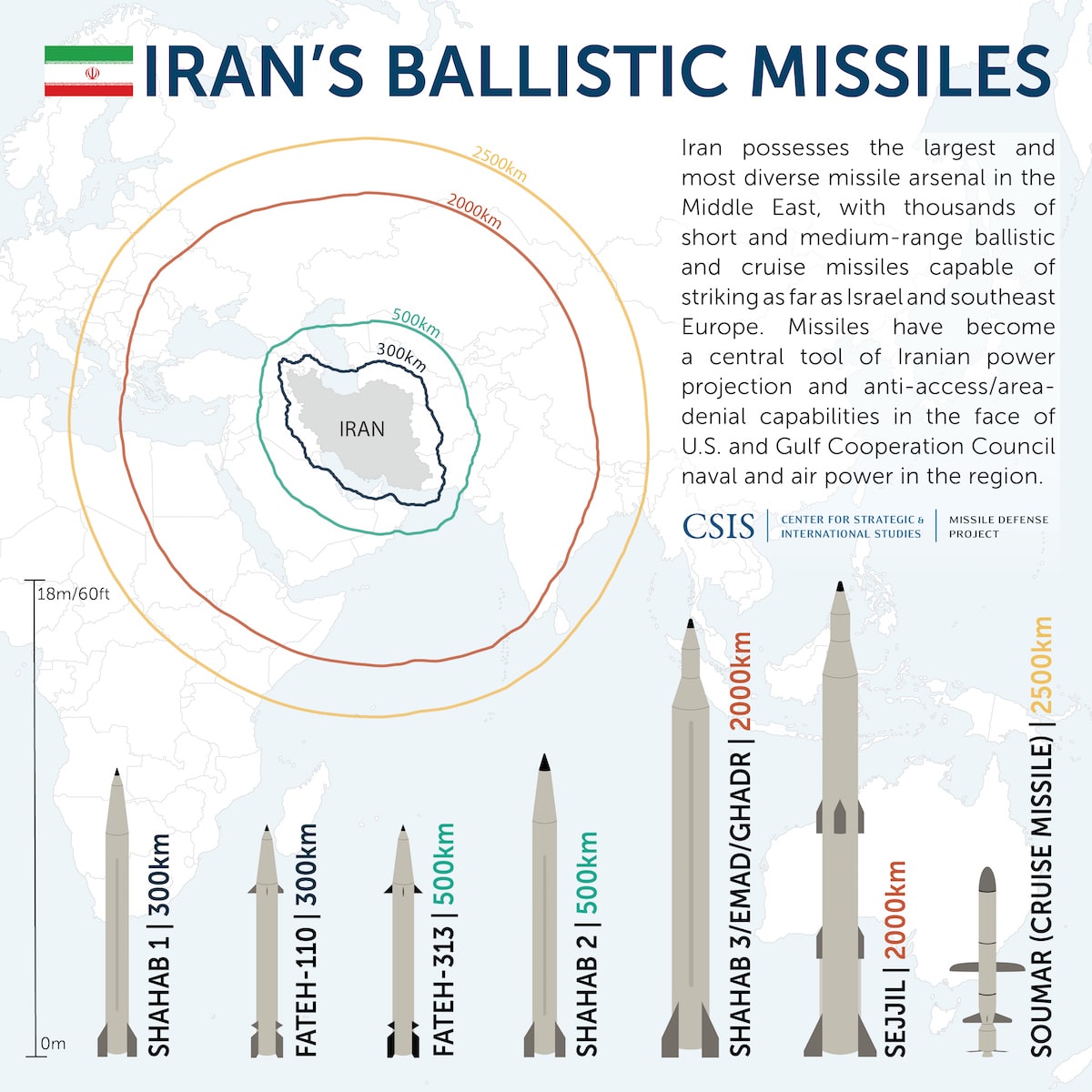Israel was on the edge at least last October, they knew that Obama and Kerry had something in the pipeline against Israel. So it comes down to who wins the debate over Jerusalem? Should there even be a debate and Israel is fighting back on the never-ending use of the words ‘occupy’ and ‘settlement’s and should.
Bloomberg: When Israeli Prime Minister Benjamin Netanyahu was re-elected last year, the White House threatened to reconsider long-standing U.S. policy to veto U.N. Security Council resolutions on Israel’s presence in the West Bank. At issue was a last-minute interview in which Netanyahu said there would be no Palestinian state as long as he was prime minister. He took back that statement after the election. Nonetheless, the White House directed policymakers to draw up a set of options for how Obama could “preserve the two-state solution,” according to one U.S. official privy to the process.
So far, nothing has come of Obama’s threat. Indeed last month, Obama signed an agreement with Israel to extend the U.S. subsidy of its military for another ten years. In foreign policy, Obama is focused on the collapse of U.S. policy in Syria, which has become an even greater humanitarian emergency in the last month with the Russian and Iranian-led siege of Aleppo. Politically, the White House is working to elect Hillary Clinton as Obama’s successor.
Yet with a little more than three months left of his presidency, Israeli officials privately say they worry Obama intends to try to level the playing field between the Palestinians and Israelis before he leaves office. The threat of a last-minute speech, executive order, or U.N. action has stirred some of Israel’s friends in Washington. Last month, for example, 88 senators signed a letter to Obama urging him to restate “long-standing U.S. policy” to veto one-sided anti-Israel resolutions at the U.N.
The Obama administration has not made such a statement. This week, however, White House spokesman Joshua Earnest “strongly condemned” Israel’s approval of 98 new housing units in the West Bank settlement of Shilo. A CBS correspondent noted that this phrasing is “usually reserved” for terrorist attacks. More here.
**** So Israel put some assets into the system and worked to determine who, what and when such actions would happen. Since the UN vote, Israel says it has iron clad evidence of the United States complicity in the text for the vote.
****
Haaretz: he Egyptians distributed a Security Council resolution on the settlements last week, and demanded a vote within 24 hours, only to withdraw it after pressure from the prime minister’s bureau in Jerusalem and U.S. President-elect Donald Trump.
Israel’s UN ambassador, Ron Dermer, said Monday that Israel had evidence that the Obama administration was behind the wording of the resolution and had cooperated with the Palestinians behind Israel’s back. The document published on the Egyptian new site might be the evidence Israel has. On December 22, the day the original Security Council vote was to have taken place, the Israeli news site Walla published a report almost identical to the one on the Egyptian news site. Walla quoted a senior Israeli official as stating that in a meeting between Kerry and a Palestinian delegation to Washington headed by Palestinian Liberation Organization Secretary General Saeb Erekat, agreement was reached on the matter of a resolution against the settlements, and that Kerry said the United States would not veto it. More here.
****
What else was Israel watching?
On December 23, 2016, the UN General Assembly approved spending $138,700 to create a “database” of all companies that conduct business – directly or indirectly – relating to Israeli “settlements” in Arab-claimed territories. The idea of a boycott, divestment and sanctions (BDS) blacklist came from a March 2016 resolution of the UN Human Rights Council. According to UN documentation, the $138,700 will be used “to pay for one staff member to create the database over a period of 8 months and present a report” to the Human Rights Council in March 2017. In other words, the December authorization backdated approval of an expenditure for an operation already underway.
When the General Assembly’s Budget Committee met to approve the UN budget, Israel proposed to delete approval specifically for funding the blacklist.The Committee rejected the Israeli amendment 6 in favor (Australia, Canada, Guatemala Israel, Palau and the United States), 151 against, with 6 abstentions (Cameroon, Côte d’Ivoire, Central African Republic, Georgia, Honduras and Ghana).
After Israel lost the vote on funding the BDS item, it declared it was “disassociating” from the General Assembly’s subsequent approval of the UN budget as a whole. Despite the U.S. voting against funding the blacklist initially, it voted in favor of the UN budget, and made no mention of any problem funding BDS.
DateDecember 23, 2016TitleFifth Committee Vote on Israeli Proposed Oral Amendment to Resolution on Programme Budget Appropriations for 2016-2017 Biennium, UN Meeting CoverageOriginal SourceNoteIsrael’s oral amendment was rejected by a vote of 6 in favor (Australia, Canada, Guatemala Israel, Palau and the United States), 151 against, with 6 abstentions (Cameroon, Côte d’Ivoire, Central African Republic, Georgia, Honduras and Ghana)****
So, here is Kerry on 12/28/2016 speaking while Obama is on vacation in Hawaii:
AP: Secretary of State John Kerry says that if Israel rejects a two-state solution for peace with the Palestinian people, “it can be Jewish or it can be democratic.”
Kerry was responding to withering Israeli criticism of the United States’ abstention from a vote condemning Israeli settlement construction. He reiterated the American position that a two-state solution giving both Israelis and Palestinians a home state is the best roadmap to peace. He also made it clear that despite recent differences in policy, the United States continues to be Israel’s closest ally.
Israel has been furious at the United States since the UN vote late last week. But Kerry said in a farewell speech at the State Department on Wednesday that the vote was “in keeping with” American values for democracy.
****
The full text of his speech is here, but while he ways that Israel has to be either Jewish or a democracy and not both, Kerry also suggests that Israel pay restitution to the Palestinians. In 2009, the United States gave Gaza $900 million, which is under the control of Abu Mazen.




